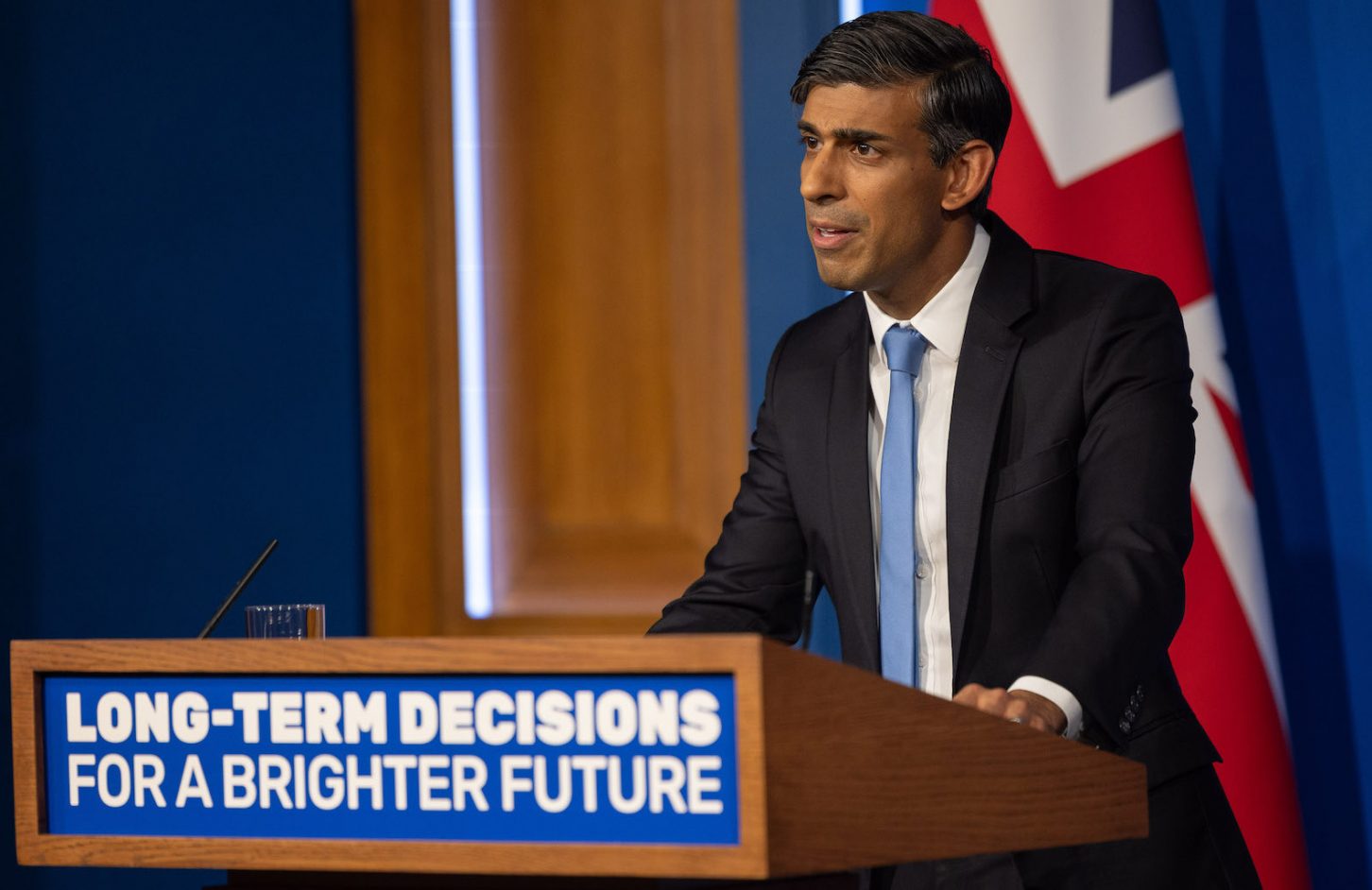It was disappointing to learn of the prime minister’s decision last week to delay and reverse key net-zero policies. Ultimately, this is an announcement which will create more problems than it solves.
Technology is an ace up our sleeves in the fight against the climate crisis, underpinning many of the advances necessary to make net-zero targets possible. UK clean tech has emerged as a particularly high-growth space, entering the top three sectors for investment with 372 funding rounds in the 12 months up to Q1 2023, according to Beauhurst data.
Reneging on commitments to net zero will create reputational risk for the UK as an attractive location to invest in these burgeoning industries. With this announcement, the government is endangering the UK’s potential to be a green economic superpower, hampering the tech space and its ability to be at the forefront of the green revolution....

